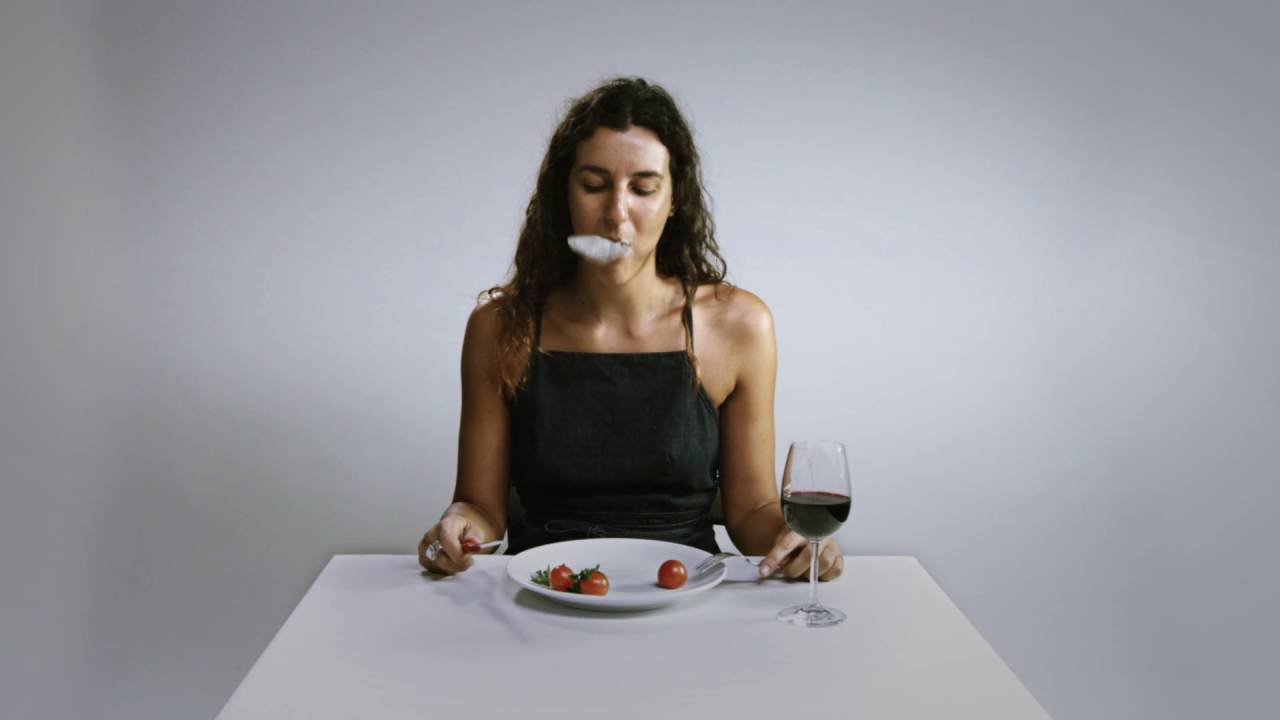2000 microplastics could be ingested by the average person - every week. The amount is equivalent to a credit card and drinking water is the most contaminated source.
The No Plastic in Nature report by Australia's University of Newcastle, commissioned by the World Wildlife Fund, suggests people across the globe consume up approximately 5 grams of plastic a week.
This amount of plastic is similar to eating a pen per week or a plastic coat hanger a month.
The study is a combination of over 50 studies on the ingestion of microplastics. The health effects on animals are well-known but only now are we seeing the grave effects on humans. Microplastics are usually under five millimetres in size and barely noticeable when they leak into the food chain.
Drinking water is the largest source of microplastic ingestion, with microplastics found in bottled water as well as tap, surface and groundwater. Beer, salt and shellfish contain the highest levels of plastic.
WWF International's director general Marco Lambertini said the findings should serve as a wake-up call to governments.
"Not only are plastics polluting our oceans and waterways and killing marine life - it's in all of us and we can't escape consuming plastics," he said in a statement.
"Global action is urgent and essential to tackling this crisis."
The study by The University of Newcastle, found no country is immune to consuming plastic. The United States and Lebanon had on average 4.8 and 4.5 fibres per 500 millilitres respectively, compared to 1.9 fibres per 500ml in both Europe and Indonesia.
Half the plastic that has ever existed was made in the last 13 years. A third of this plastic ends up in the natural, harming every part of the food chain.
Lambertini said the issue was a global problem which could only be solved by addressing the root cause of plastic pollution.
"If we don't want plastic in our bodies, we need to stop the millions of tonnes of plastic that continue leaking into nature every year," he said.
"In order to tackle the plastic crisis, we need urgent action at government, business and consumer levels, and a global treaty with global targets to address plastic pollution."
A bottle to bottle solution is needed to tackle the entirety of the problem. On-ground collection must be implemented before plastic becomes part of the food chain. Plastics For change employs thousands of waste-pickers in developing regions to collect plastic before it enters the ocean. The business then provides the plastic to global brands, so their packaging needs are met, without polluting the earth.
Microplastics will become a silent killer of humans and animals alike. A contaminated planet means contaminated food chain. If you don’t want to see this happen read further about our current project in coastal villages - https://igg.me/at/Fairtradeplastic












